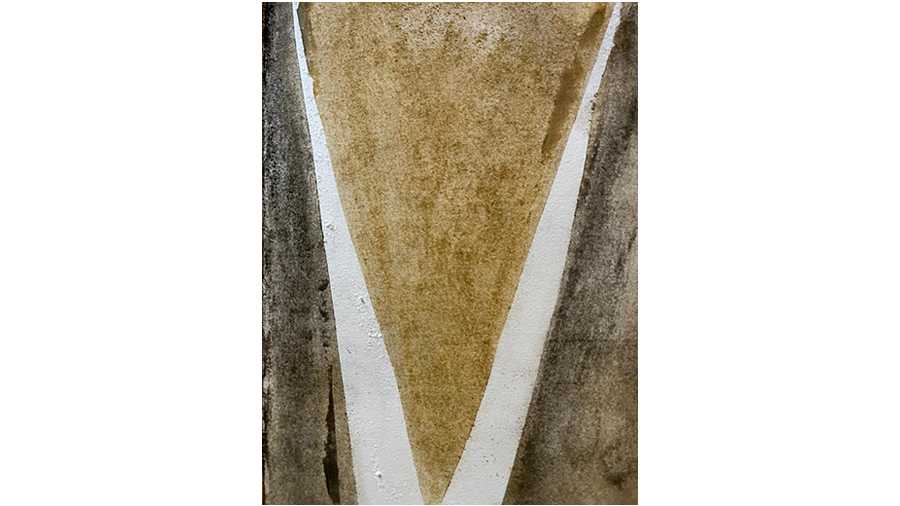The balloon seller and lozenge vendor created the impression of a Sunday picnic, but it was actually a queue. One long line for applications for Lakshmir Bhandar, the cash transfer scheme recently launched by the Bengal government.
Entire families had worked hard for the past few days to get their papers in order — photocopies of ration cards, Aadhaar cards, bank passbooks and so on. I, too, was there with an ageing relation and her sheaves of documents.
It was barely 11 in the morning, but the queue was already a quarter kilometre long. While the women queued up, children, husbands, and in some cases in-laws, waited on the sprawling grounds beside the ward office. All bathed and neatly turned out, transparent files, masks and sanitiser in hand, talking at the top of their voices, exchanging pleasantries. Sometimes a husband rushed off to photocopy a missing document, sometimes an applicant was handed a fresh form to fill, creating ripples. The officials on duty barked away admonishments — “Don’t you know where you have to sign?” No one complained about having to wait for five to six hours. It was as good a place as any to gossip about how Mrs A had already got the first Rs 500 in her Lakshmir Bhandar account and why Mrs B couldn’t join the queue today.
The near festive cheer reminded me of another queue.
Year: 2019. Place: Silchar, Assam. I was at the National Registration Centre, a ramshackle building on the outskirts of the city, accompanying my sister-in-law. When we arrived an hour before the scheduled time — 9am — dozens of people, mostly women, were already there to prove they were Indian citizens.
Women who hailed from other Indian states or what is now Bangladesh and Pakistan but whose marital home was Assam were worried. They needed to show loads of papers, including the dreaded “legacy documents” to prove their parents or grandparents had arrived before 1971. Then, there were more “link documents” to prove they were related to the “legacy” person.
My sister-in-law married into a family in Silchar decades ago, but she was born in Asansol in Bengal. Her husband, whose family had migrated from Sylhet in Bangladesh, had had to spend a fortune to get the requisite papers in place.
That line was all about quiet panic and melancholy. Families huddled together clutching at papers. Policemen stomped around apprehending chaos. Officials took their seats, guarded by grilled windows well past 11am. Heated arguments and mild altercations flared up from time to time.
The counter closed at 4pm sharp. Exhausted and devastated, my sister-in-law muttered, “I wonder why they settled my marriage in this godforsaken land.”










